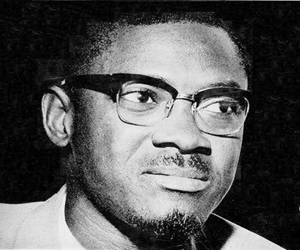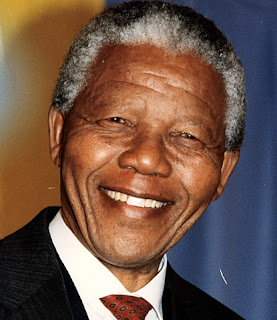Patrice LUMUMBA
On January 17, 1961, Patrice Lumumba, the first elected Prime Minister of Congo was murdered. The circumstances leading to his death remained a mystery until forty years later the secret started unfolding.
Fresh scrutiny and those around at the time have revealed that Belgium, the Congo's colonial masters were behind his assassination.
After the election in June 1960, Lumumba's National Congolese Movement won and emerged as the first Prime Minister of Congo. After the independence celebration of June 30th, Belgium's hostility to Lumumba deepened. Lumumba denounced the harsh brutalities and indignities suffered by the Congolese under the Belgian colonial rule.
A strong friend of Kwame Nkrumah of Ghana; Lumumba made a similar statement of Nkrumah. "You must have strong and visible powers". Lumumba expelled all the Belgian diplomats and called on the United Nations to defend the newly independent state.
The action affected Belgians to the extent that the king was very angry with Lumumba. The British Foreign Office requested the elimination of Lumumba. The statement read " I see only two possible solutions to the problem. The first is a simple one, the removal of Lumumba from the scene and killing him.
Almost fifty years after his assassination the sons of the Congolese independence hero Patrice Lumumba are seeking war crime charges against twelve Belgians for the involvement in their father's assassination.
His youngest son, Guy Lumumba told reporters "We are targeting the assassins. In Belgium, there are twelve of them still alive and we want them to answer for their pathetic acts before justice. The twelve Belgians were in the province of Katanga when Lumumba was killed.
As if the spirit of Lumumba taking revenge, it was reported that one of the twin brothers involved in his killing has gone insane. Lumumba's family lawyer Christophe Marchand said the sons will file a charge against the yet to be named twelve of war crimes in a Brussel criminal court in October.
Even though Belgium has since apologized to its former colony; no legal action has been taken afterward.









